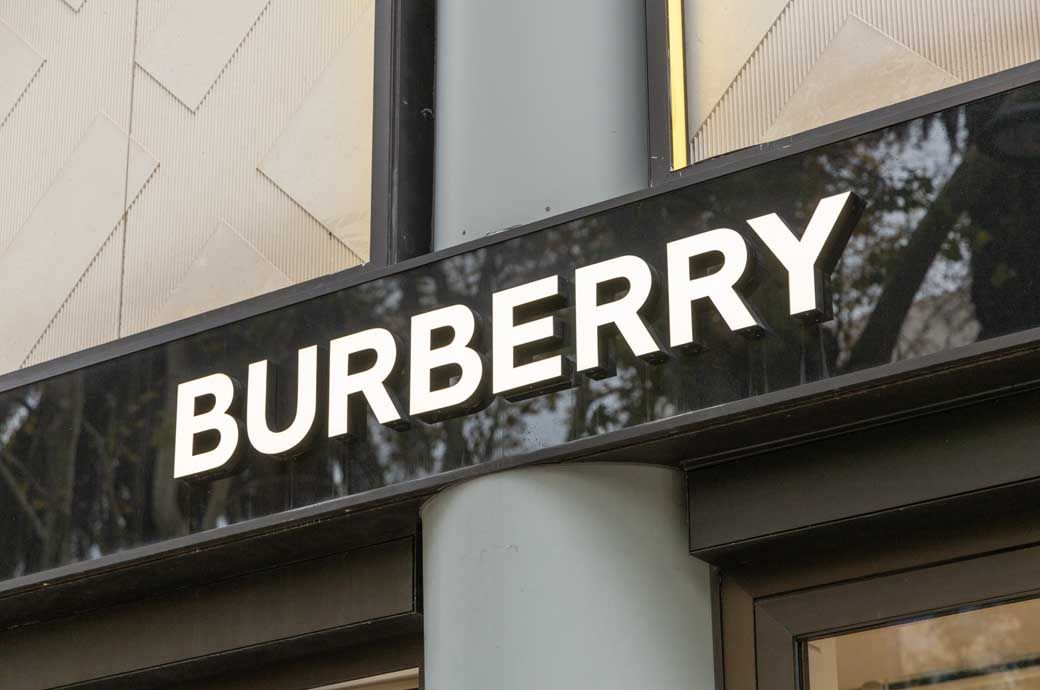
Build Relationships With Community Coworking
Traditional coworking emerged as a potential solution to the loneliness of remote work. However, it has proven ineffective, lacking flexibility and community aspects that are necessary to inspiring connection.
More specifically, traditional coworking is expensive. In fact, it costs $200 to $700 per desk to support an individual participant of traditional coworking. Coworking businesses are also tied up in potentially high risk real estate investment deals. These deals often fall through, with only 46% of coworking spaces making a profit. This prohibits traditional coworking models from succeeding economically.
Additionally, traditional coworking models are often boring and don’t actually increase connection. For instance, among members of WeWork, a traditional coworking space provider, 69% of surveyed individuals reported that they did not have any friends at WeWork other than immediate coworkers. Traditional coworking also has low differentiation, with many spaces feeling the same, and little variety in activity. An over-emphasis on work rather than community has led to 49% of coworking space renters to report not feeling a sense of community.
Traditional coworking providers have been struggling across the board. In fact, 58% of coworking space operators say that changes in membership are a core challenge. Additionally, only 7% of workers prefer coworking to traditional offices.
However, there are other coworking models that might succeed where traditional coworking failed. Community coworking is an example. This model prioritizes affordability, inclusivity, and connection. It provides a wide variety of activities aimed at fostering connection, and is much more affordable than traditional coworking.
Although traditional coworking did not succeed in building connections among remote workers, community coworking has promise. It is a highly sustainable model, creates real connections, and is affordable. Moving forward, community coworking may be a useful avenue for relationship-building among the growing population of remote workers.
Source: Tavern Community







































































